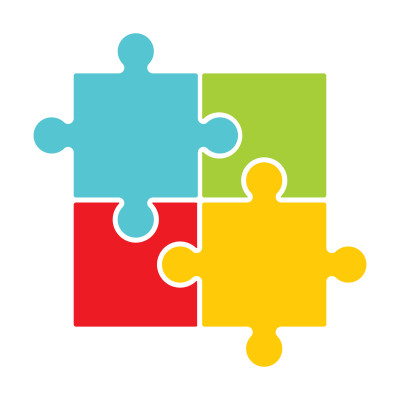
Photo Credit: NEGOVURA/Shutterstock.com
From early childhood to adult, we love to play puzzles because of the many benefits that we can derive from them. Puzzles not only exercise our minds but also challenge our way of thinking. As children develop, puzzles present many benefits to them. Simply put, puzzles can play an important role in the development of your child. Here are some of the important benefits of puzzles
Problem-solving skills
Even completing the simplest puzzle is critical in achieving a set goal. Children and toddlers must use their imagination and develop strategies on how to achieve this goal. This involves developing solutions, reasoning skills, and solving skills which they can later use in their adult future lives.
Cognitive skills
Puzzles can also assist your the child to understand how following step by step directions can help them achieve goals in life. Color, letter and spatial awareness skills achieved while playing puzzles are very important. Since all children are unique, puzzles may be their main medium of understanding certain themes such as alphabetical letters.
Hand-eye coordination
Making the connection between the eye and the hand is better practiced by puzzles. From a jig saw to crossword puzzle, learning what fits and what does not fit is better done by puzzles. Erasing a word or trying out new pieces and writing in new ones assists a lot on developing this skill. As a matter of fact, children will try over and over again until they see what fits well.
Fine motor development
Fine motor skills are very important in everyday’s development. Learning these skills at an early stage will eventually assist them in drawing skills, handwriting, and musical instruments. Based on the kind of puzzles, children are asked to move large and small pieces, twist knobs, circle words or make pieces fit into spaces.
Self-esteem
Just like an adult, the accomplishment of a set goal often brings so much satisfaction to a child. Overcoming the challenges involved in solving puzzles gives them a sense of pride and self-esteem. This not only boosts their self-confidence but also prepares them for other challenges in life.
Social skills
Puzzles are also great learning tools that enhance and promote corporative play. As children work together to complete puzzles they often discuss where a piece will go and why, share, take turns, and assist each other especially when handling frustrations. Finally, they share the joy of completing the puzzle
Wrap up
In a nutshell, puzzles are very important in assisting the children to develop emotional skills, cognitive skills, and physical skills. Those are the benefits of puzzles in early childhood development.


Leave a Reply